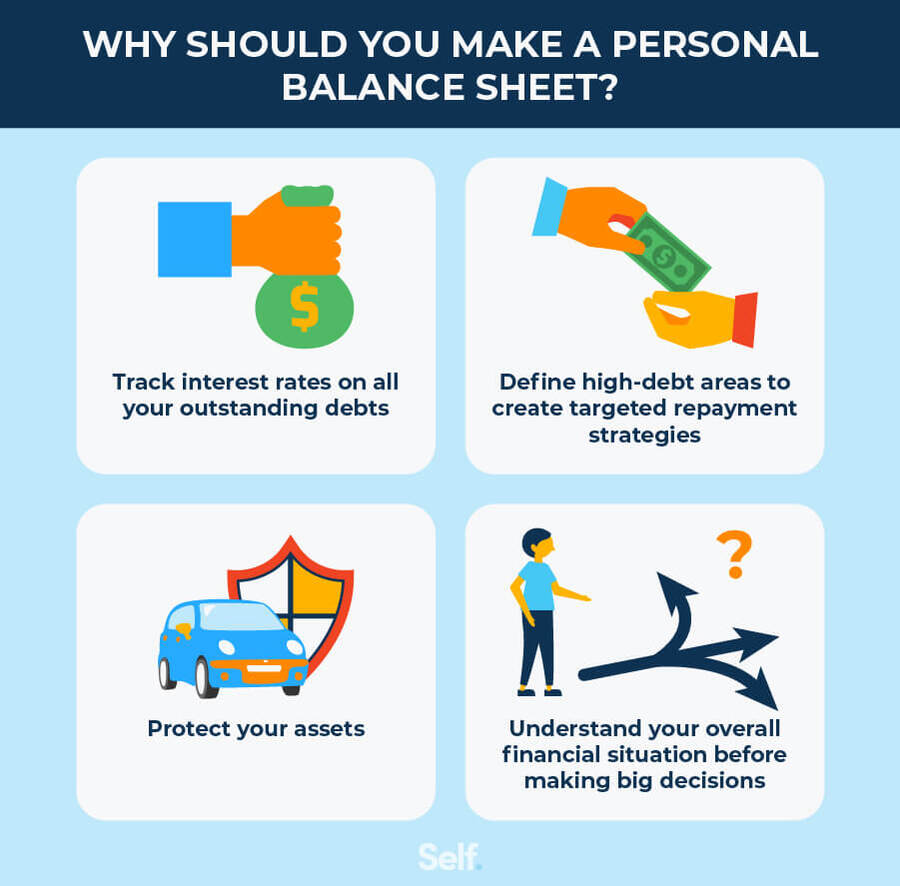
Entrepreneurship, with its blend of adventure, innovation, and audacity, often overlooks a crucial aspect: personal financial stability. While the thrill of business growth is undeniable, having a robust personal balance sheet can be the foundation for long-term success. Here’s why every entrepreneur should pay attention to it, broken down into simple steps:
1. Diversification:
Entrepreneurs invest heavily in their businesses, but relying solely on it is risky. Creating a diverse personal balance sheet, including various assets apart from your business, ensures your financial security isn’t solely dependent on your venture’s success.
2. Liquidity:
Businesses face cash flow challenges. Having personal assets can prevent distress financing or using personal guarantees. A financial reserve provides breathing space, allowing you to seize opportunities without jeopardizing your business.
3. Risk Management:
Volatility is part of the entrepreneurial journey. Personal assets act as a safety net, shielding your family from business-related risks. It’s about ensuring a secure future for your loved ones, even if your business faces unforeseen challenges.
4. Business Choices:
Long-term thinking is pivotal. A strong personal balance sheet allows you to make strategic decisions, avoiding hasty choices driven by immediate financial pressures. It provides the luxury of perspective, fostering sustainable growth.
5. Stakeholder Confidence:
Your personal financial health influences stakeholder confidence. A robust financial corpus instills confidence, inspiring trust in investors, lenders, employees, and partners. It showcases your ability to weather storms and make bold decisions.
Building Your Personal Balance Sheet:
a. Set Clear Goals:
Define your financial goals based on life events and family aspirations, like marriage or home purchase.
b. Optimize Remuneration:
Work with a business coach to optimize your remuneration strategy, balancing tax efficiency and business growth.
c. Diversify Investments:
Build a diverse investment portfolio, including bonds, equities, real estate, and commodities, ensuring steady growth.
d. Regular Investment:
Consistently invest in your portfolio, reducing dependence on your business for your lifestyle needs.
e. Plan for Succession:
Strategically plan business succession and personal asset distribution for a seamless transition.
Remember, as Warren Buffett said, “Risk comes from not knowing what you’re doing.” A strong personal balance sheet isn’t just financial security; it’s the foresight to take calculated risks confidently. Balancing the thrill of business with prudent financial management is the key to enduring entrepreneurial success. So, embark on your financial journey today, securing both your business and your future.